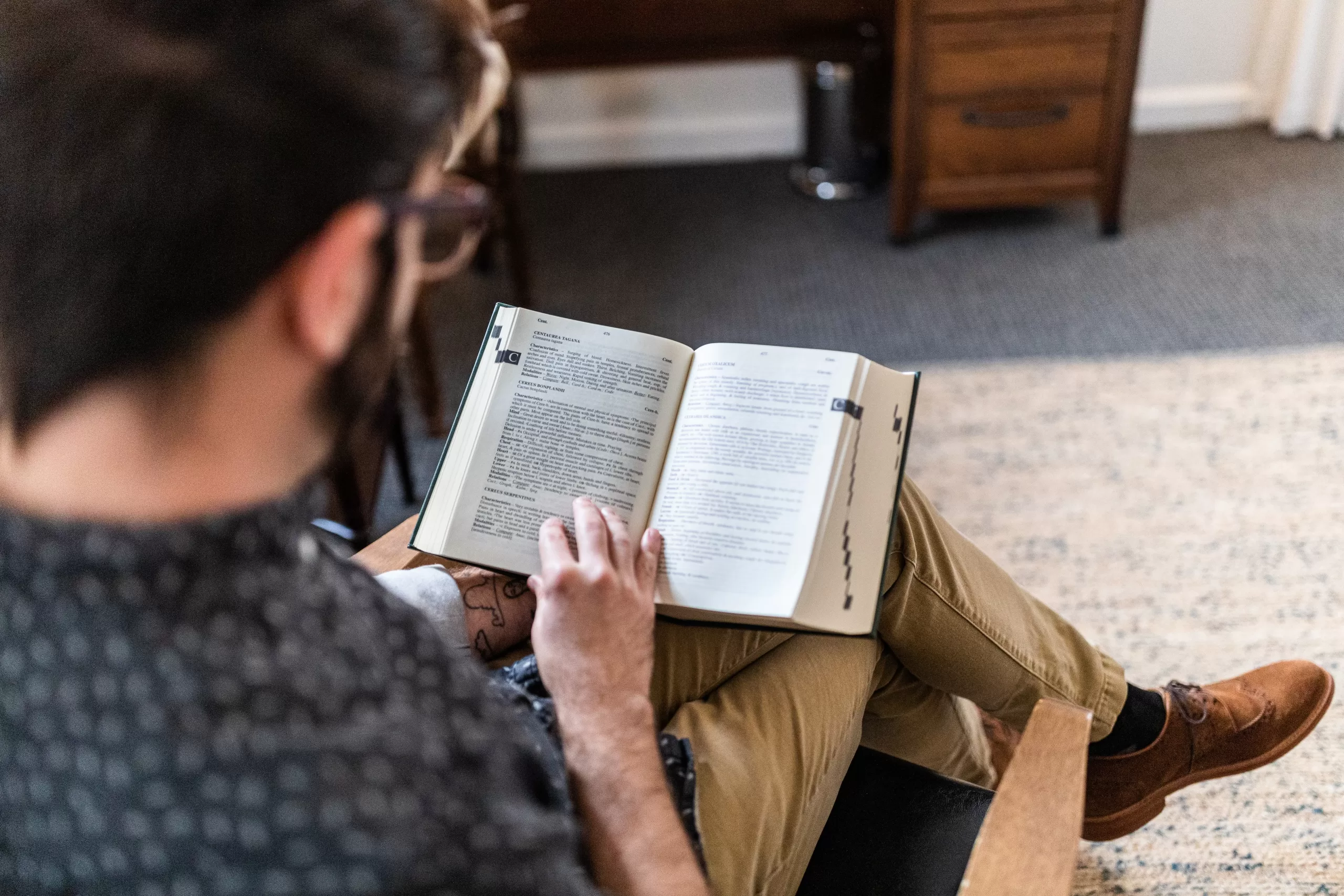FAQs & Policies
Frequently Asked Questions About Homeopathy & Working With Frank
Whether you’re new to homeopathy or considering working together, this page covers the most common questions I receive—from how homeopathy works, to what sessions are like, to fees, policies, and more.
Homeopathic medicine is a non-invasive, holistic system that works by stimulating the body’s natural healing capacity. Remedies are made from botanical, mineral, or biological substances and prepared in accordance with the Homeopathic Pharmacopoeia of the U.S. (HPUS).
Homeopathy is safe for all ages, does not interfere with medications or therapies, and is regulated by the FDA for manufacturing and labeling. For best results, it should be administered by a certified classical homeopath.
Working Together: Location, Booking & Access
What to Expect: Session Length & Process
Understanding Homeopathy: Safety, Conditions & Approach
Fees, Insurance & Practice Policies

Global Impact of Homeopathy
Homeopathy is the second most widely used medical system in the world, benefiting over 500 million people.
- United Kingdom: 42% of doctors refer patients, and it is supported by seven homeopathic hospitals.
- France: 39% of physicians prescribe homeopathic remedies, with homeopathy integrated into medical education.
- Germany & Netherlands: Homeopathy is commonly prescribed by general practitioners.
The French EPI3 study followed 8,000+ patients in three groups: conventional, homeopathy-dominant, and combined care. The homeopathy group used fewer medications while achieving similar or better health outcomes.
A 2011 double-blind study on individualized homeopathy for depression found significant improvements comparable to fluoxetine (Prozac), with fewer side effects, highlighting homeopathy as a safe, effective alternative.
A double-blind, randomized, placebo-controlled trial assessed individualized classical homeopathy for fibromyalgia patients. Results indicated significant improvements in tender point count and pain relief compared to placebo.
